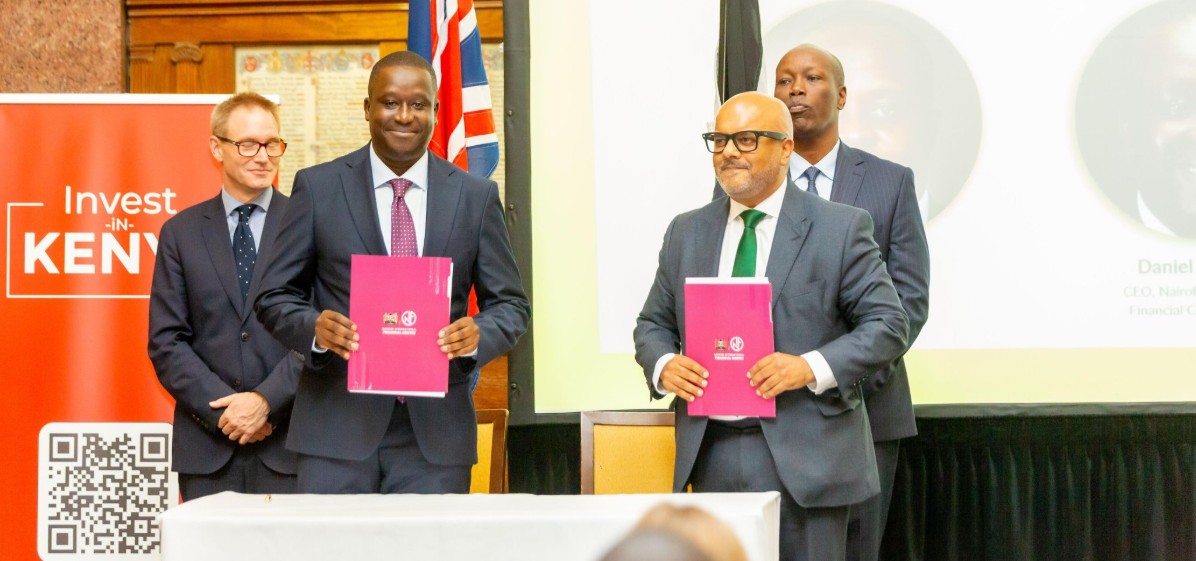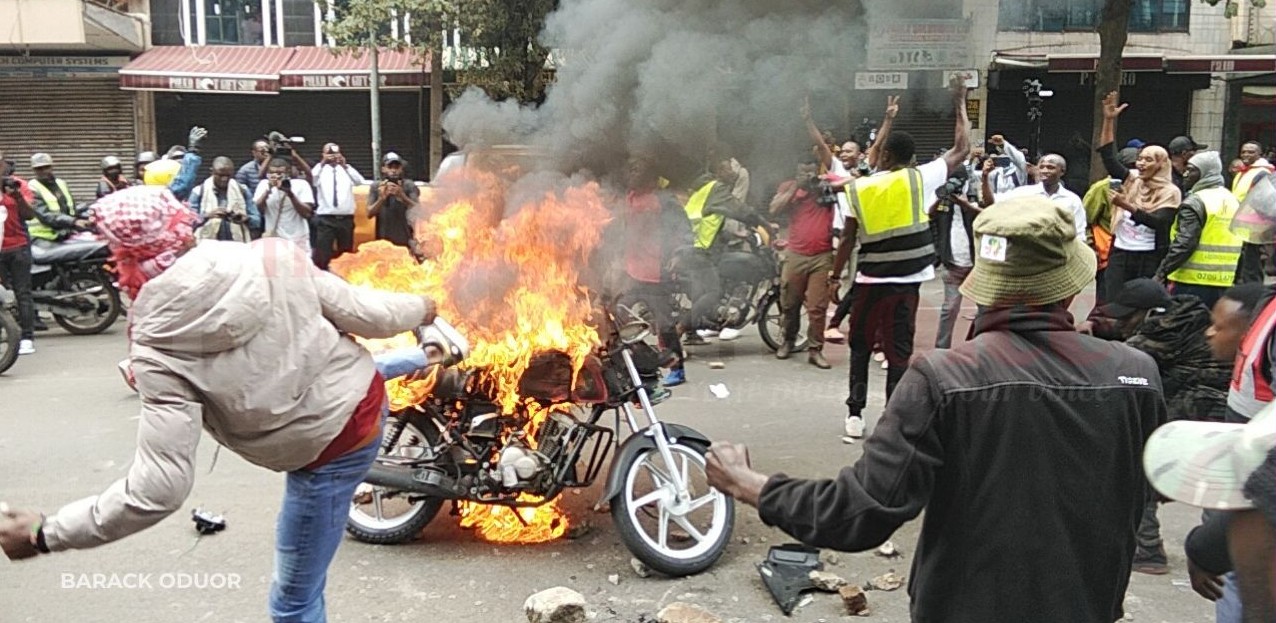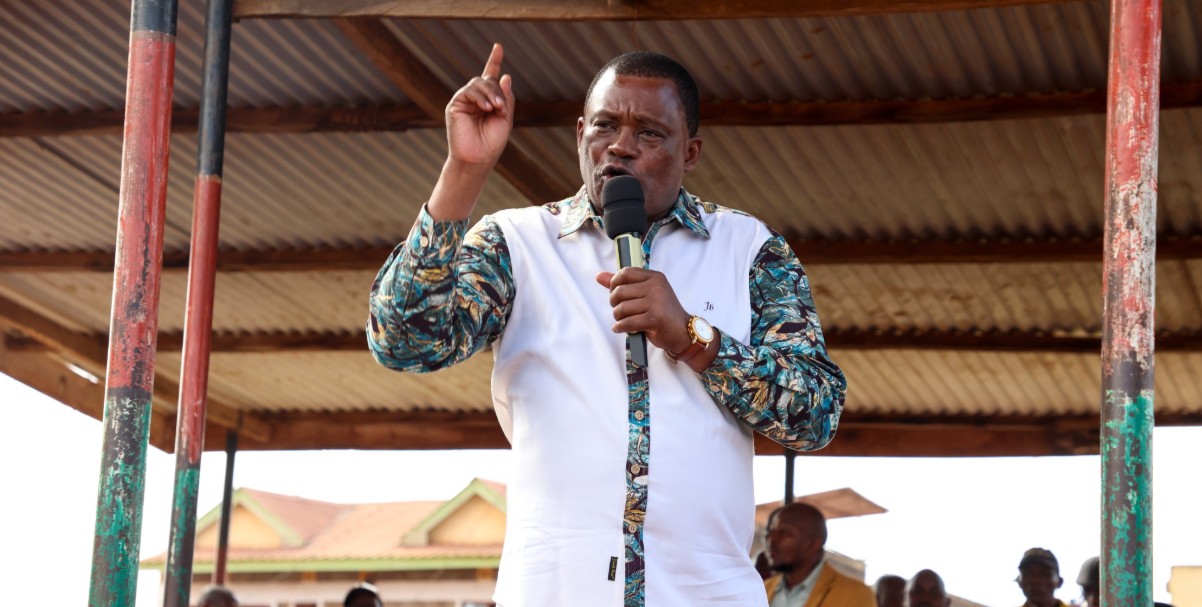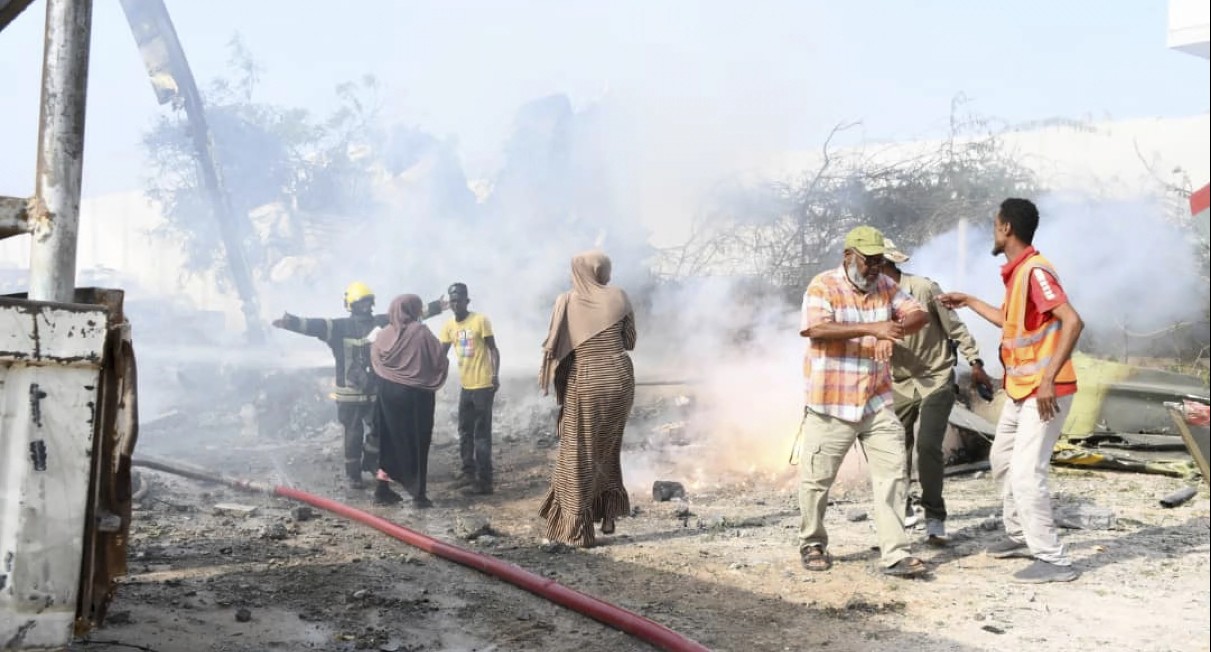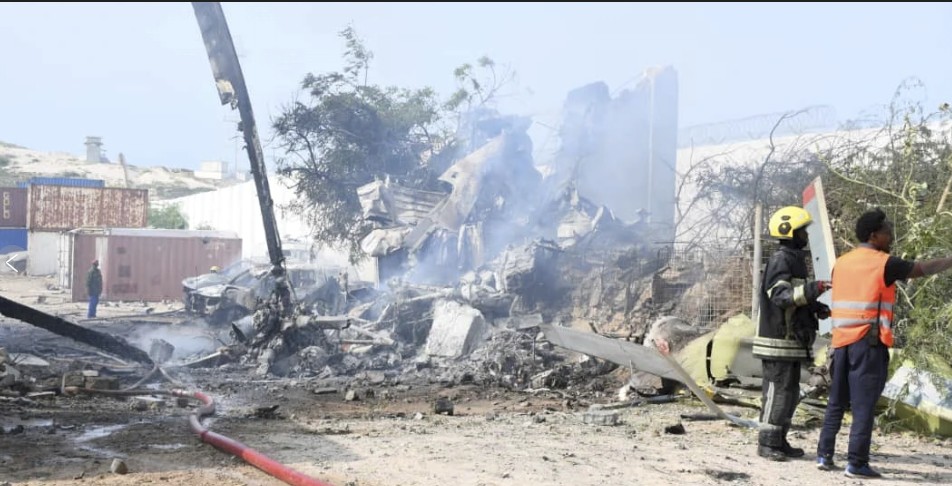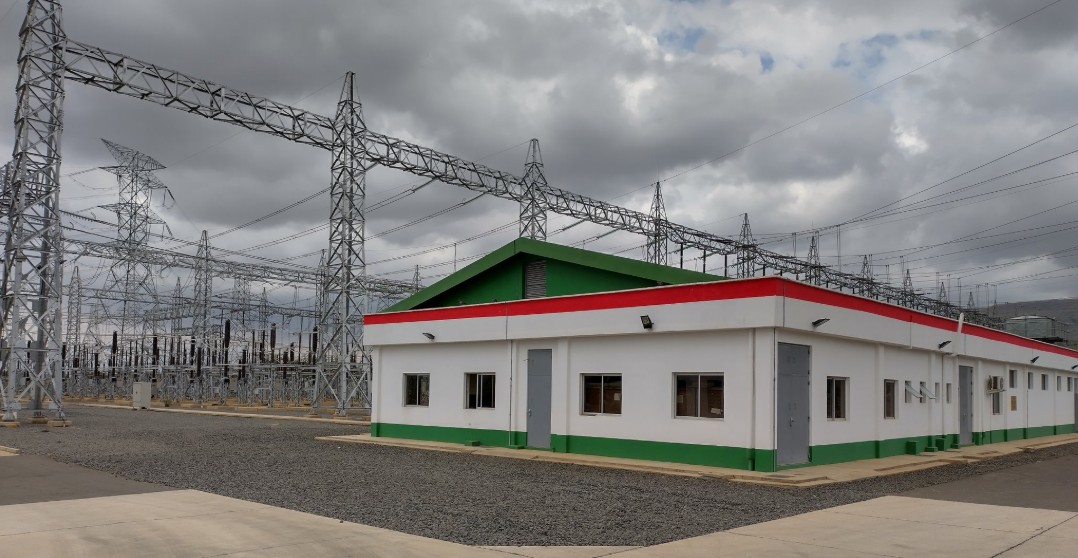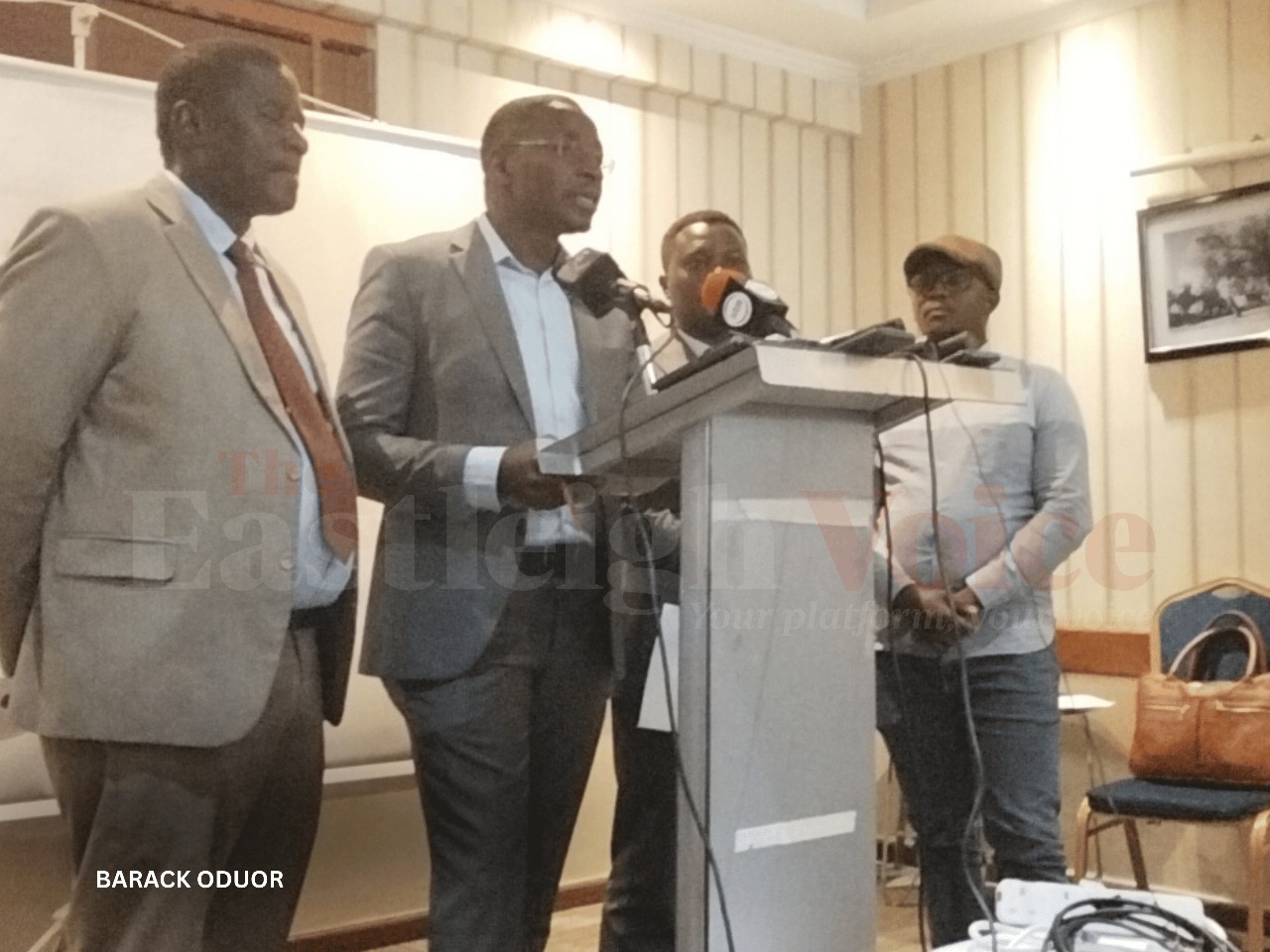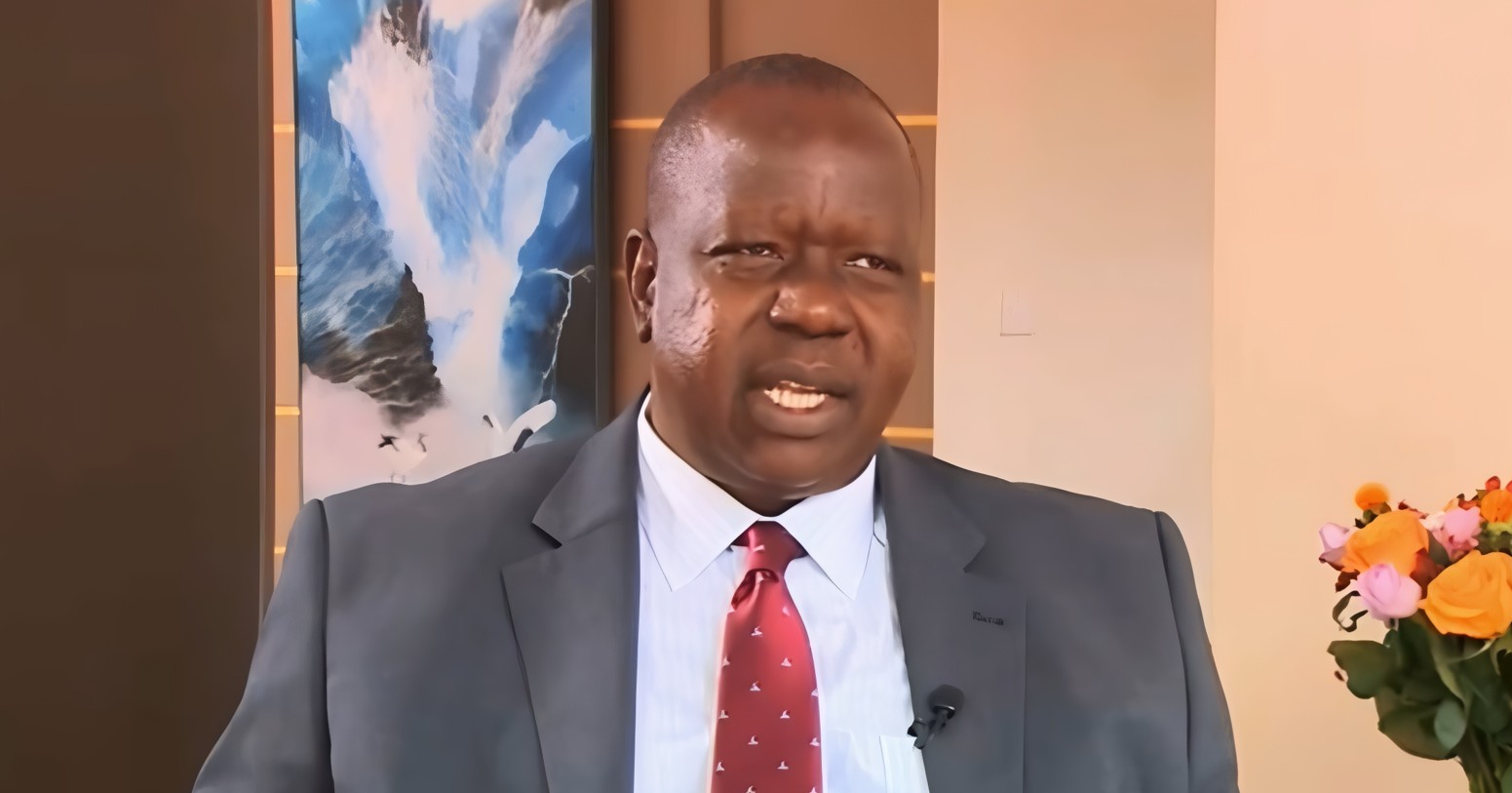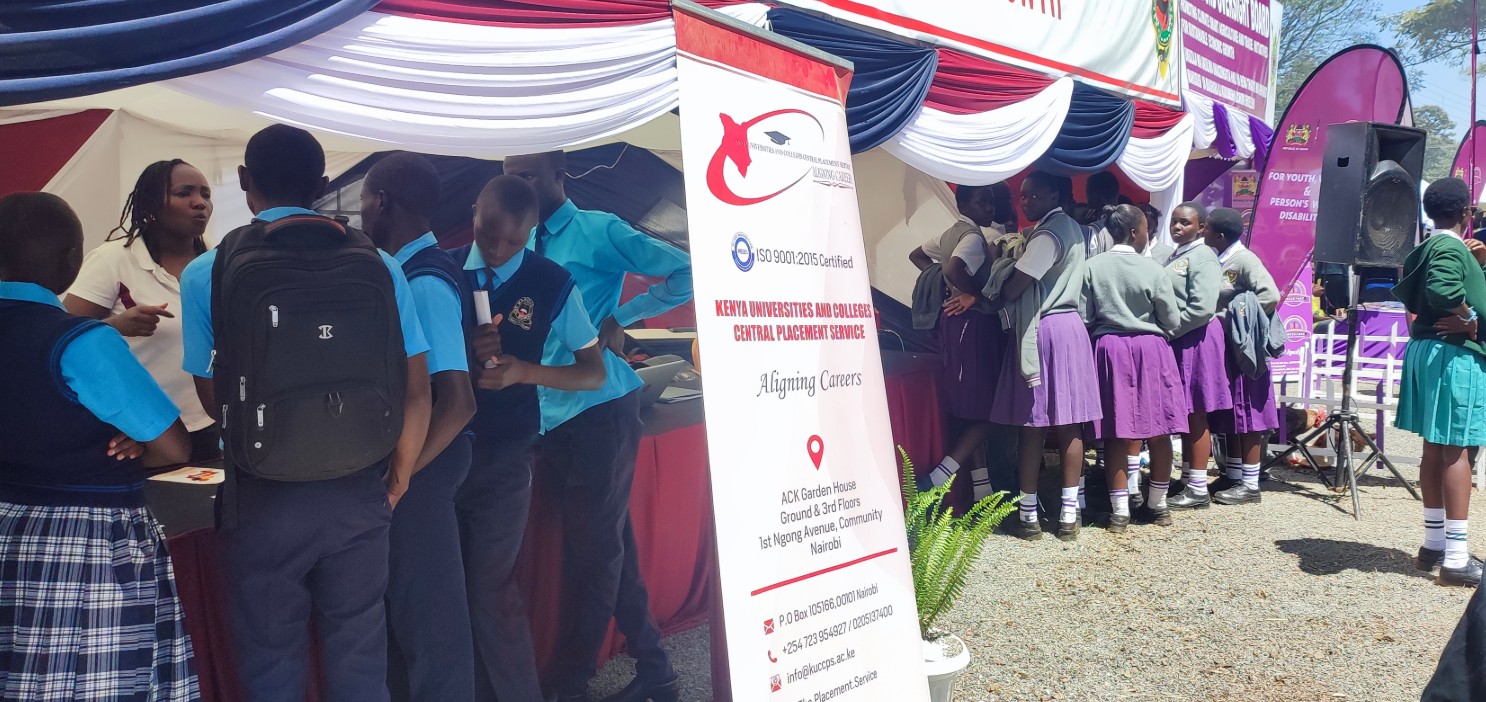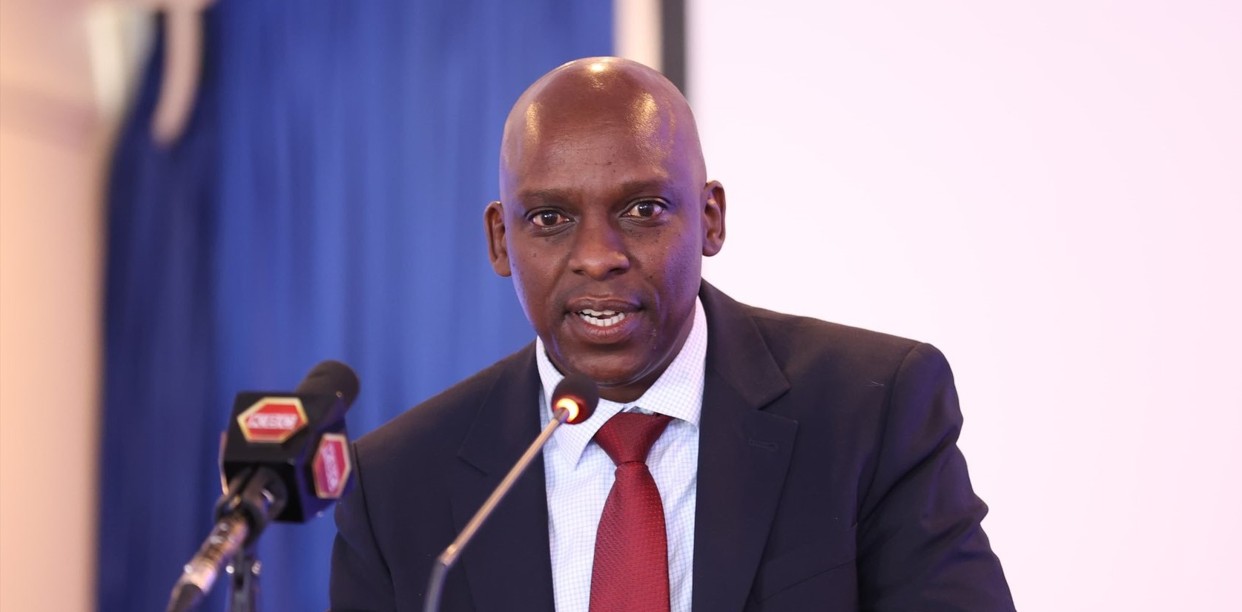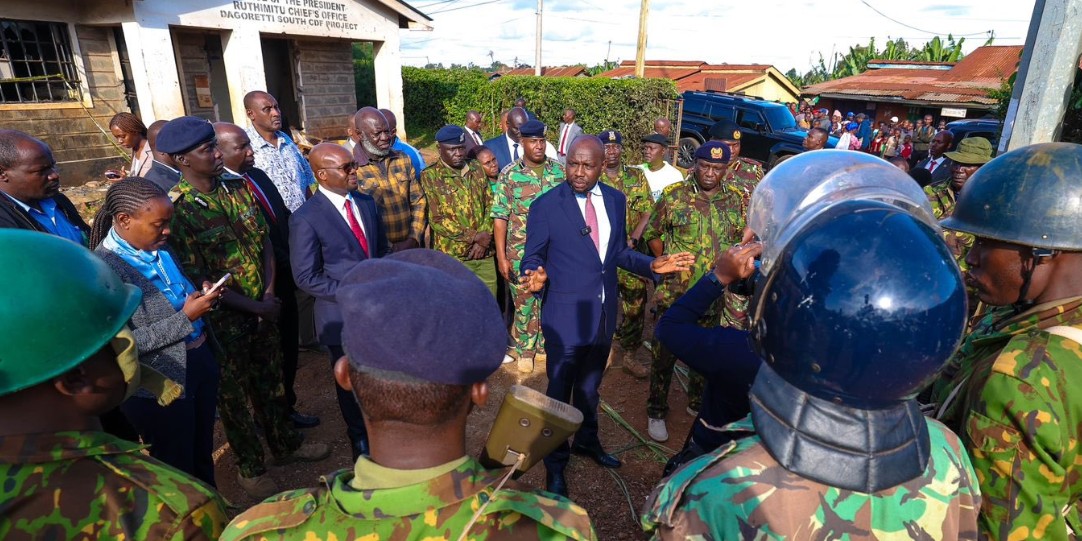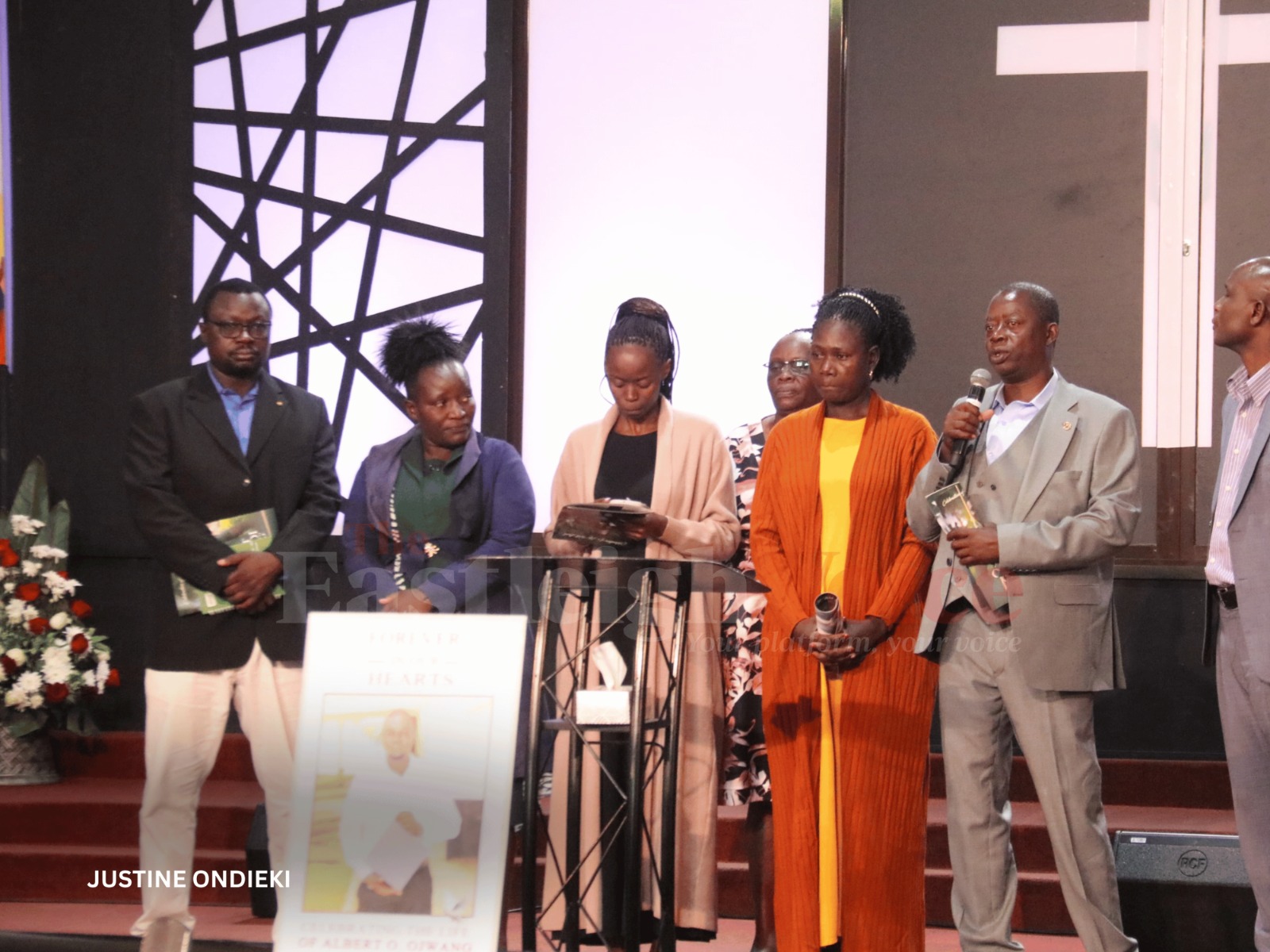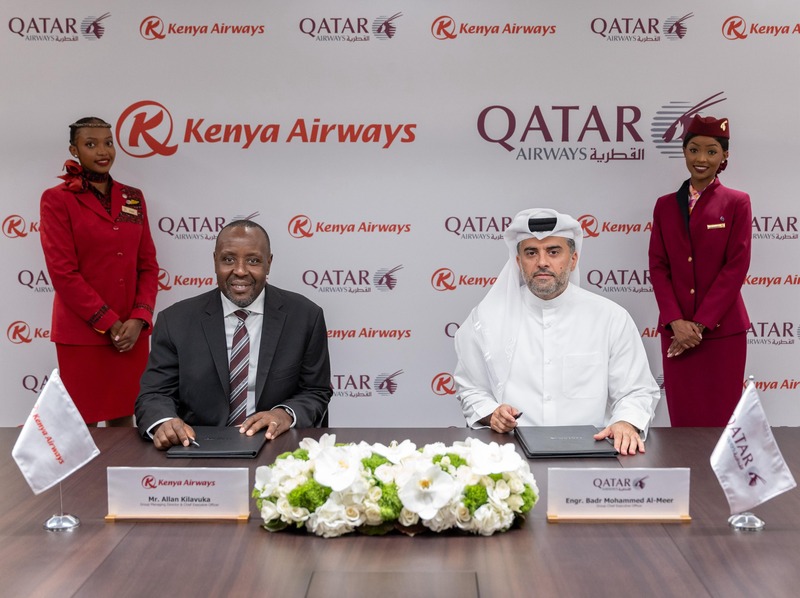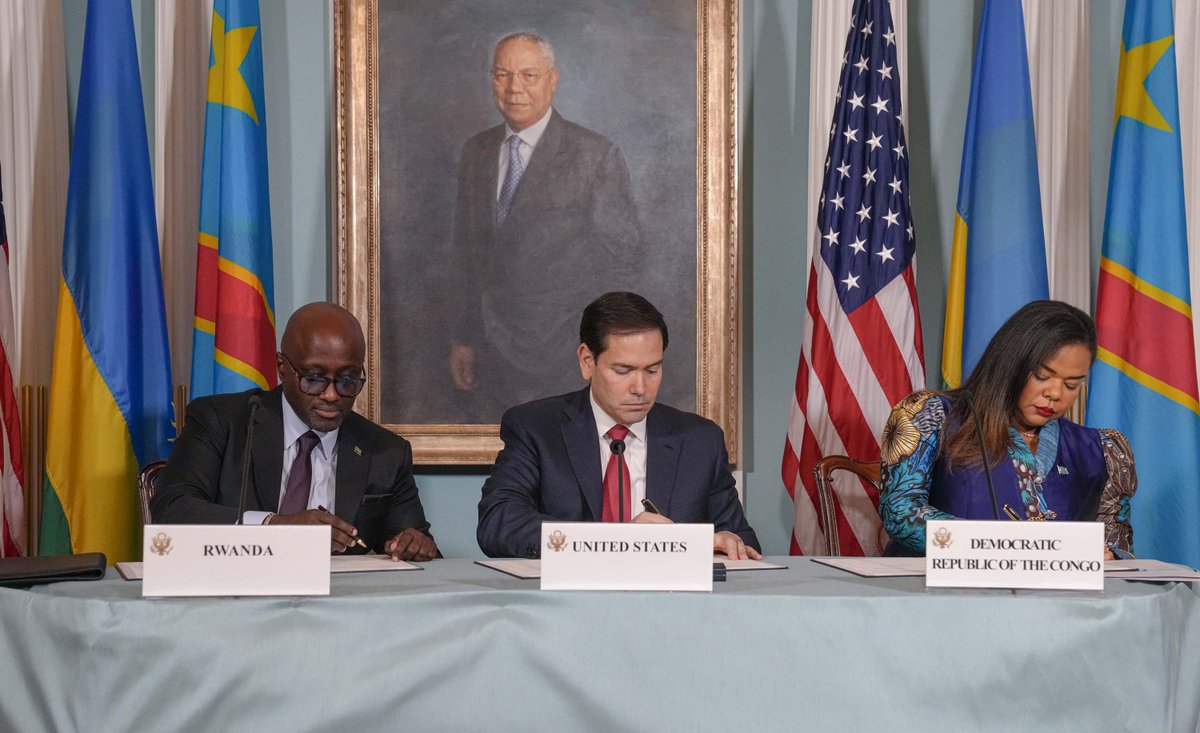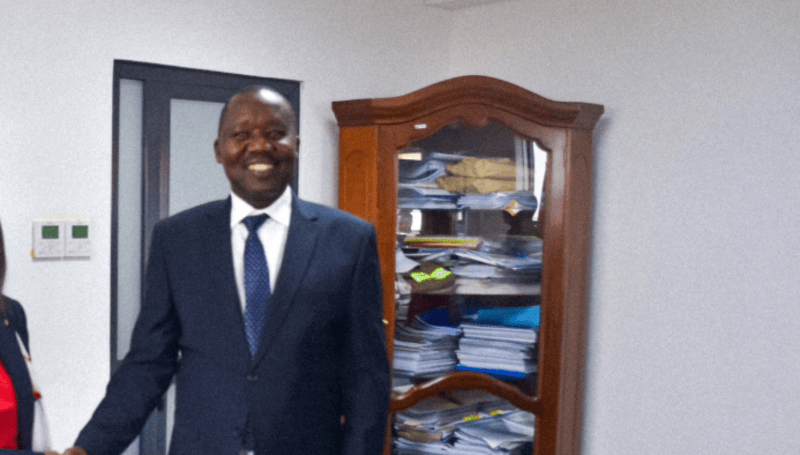Amhara President acknowledges heavy toll of ongoing conflict in the region
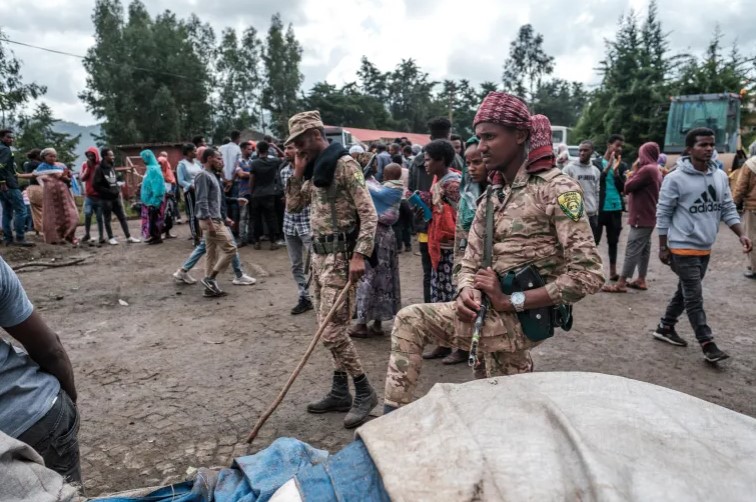
While detailing the immense cost of the conflict, President Arega placed no blame on the government, attributing all responsibility to the armed groups involved.
In a groundbreaking disclosure, President Arega Kebede of the Amhara region acknowledged the devastating toll of the ongoing conflict.
He candidly acknowledged the heavy human casualties, destruction of vital infrastructure, and the profound social disarray inflicted upon the Amhara people.
More To Read
- Drivers' association reports over 30 truck drivers kidnapped in two weeks, cites growing insecurity in war-hit Amhara region
- UN reports worsening malnutrition in parts of Ethiopia's Amhara region as renewed fighting disrupts aid
- Ambush on sesame-laden trucks in Amhara region leaves one dead, several vehicles destroyed
- Scores of Ethiopians die in long-running Amhara conflict, rights body says
- Amnesty International calls for end to month-long detention of thousands in Amhara Region
- UN mulls suspending relief to Ethiopia's Amhara after aid workers attacked
"I want to divide the damage into three categories: The first is the serious human casualties sustained. People are dead, displaced, and injured. It shouldn't have happened. It didn't have meaning. These human casualties happened for issues that didn't benefit the Amhara people," the regional President said.
He added, "The second damage is severe material destruction. Individual, community and governmental institutions are destroyed. Schools are destroyed, and health institutions are destroyed. Administrative institutions built with public tax and direct community contributions are reduced to rubble."
This unprecedented admission, broadcasted on national television on Wednesday, May 28, comes nearly a year after tensions escalated between government forces and various armed Fano groups, resulting in a full-scale armed conflict.
However, while detailing the immense cost of the conflict, President Arega placed no blame on the government, attributing all responsibility to the armed groups involved.
As Ethiopia held the African Union Summit in February, the government's attempt to instil optimism in the capital city, Addis Ababa, obscured the country's spiralling spiral of instability and humanitarian disaster.
On Jan. 29, in Merawi, a small town in the Amhara region, members of the Ethiopian National Defense Forces murdered dozens of civilians execution style, according to national and international human rights groups and media reports.
Although the government denies targeting civilians, the killings were reportedly motivated by revenge, following a bloody state confrontation with so-called Fano fighters—Amhara combatants who have been fighting government forces since August 2023.
The Fano represent an armed manifestation of the longstanding grievances of the Amhara people, rooted in decades-old systemic marginalisation, mass killings, and displacement of Amharas in various parts of the country and exacerbated by dashed hopes in the willingness and ability of Ethiopian Prime Minister Abiy Ahmed's government to stem the group's marginalisation.
While the movement remains decentralised and there is no formal political manifesto, the militia proclaims to protect Amhara interests by working to transform what it perceives as an anti-Amhara sociopolitical system.
It seeks to establish a new order grounded in equality among all groups, respect for individual rights, rule of law, and democracy.
The Fano preceded but rose to prominence during the Tigray War (2020-22) when they fought beside government forces. During the war, they—along with the Ethiopian army, Tigrayan fighters, and Eritrean troops—faced accusations of human rights abuses.
Top Stories Today
